Editorial: Downfall of HTC
14 min. read
Updated on
Read our disclosure page to find out how can you help MSPoweruser sustain the editorial team Read more
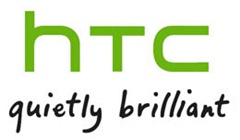
Below we have a guest Editorial from Edward last of MSMobiles.com, who is providing us with some insight from his more than 10 years working with and writing about the Windows Mobile and Windows Phone ecosystem.
Today he is sharing his views on HTC, always the dominant Windows Mobile and currently the dominant Windows Phone 7 OEM.
Prelude to brutal truth
I am writing this article on the best gadget on planet Earth – iPad – with use of iPad keyboard dock and touch typing. I could have written it on HTC’s tablet but I don’t have any (I begged for HTC Flyer because it has digitizer pen and I like to doodle, but I didn’t get it – obviously HTC is giving freebies only to influential people not to losers like me). I also don’t have any HTC phone anymore, I am fruitphone lover – a naive Apple fanboy who doesn’t give a monkey, not even a baboon, about HTC phones and tablets.
… but it was not always this way, once upon a time I had several HTC devices, some of them for free, and I was meeting HTC employees. So, who am I? Well, at this moment: I don’t own any blog anymore. However previously I was a blogger and podcaster – I had a website with news about Windows phones and I was traveling internationally to cover these news. That website once had Google Page Rank 7 (it was my 2nd mobile-related blog with majestic Google Page Rank 7, first one brought me invitation by Microsoft to Mobius USA) and even once HTC sued me for publishing their future roadmap (I had to pay over 1000 euros to HTC lawyer even though I withdrew the material) so this website was widely read and well known also within HTC.
Furthermore I have met on various occassions and I was talking in person for longer periods of time with following employees of HTC: Peter Chou (CEO and President of HTC, one of 3 founders of HTC), John Wang (Chief Marketing Officer of HTC), Florian Seiche (president of HTC for area Europe, Middle East and Africa; I talked with him also in his native German –
one of 5 languages I know). I also knew personally yet another employees of HTC: Jason Gordon (Director of Global Communications, HTC), John Starkweather (Worldwide Director, Digital Marketing at HTC), Eric Lin (Manager, Product Strategy at HTC). I was talking also with several other HTC employees – during parties, conferences and trade shows but I don’t remember their names. Also I was chatting one-to-one with Jim Morrison, CEO of i-mate that was once the biggest distributor of HTC-branded phones. I was also talking to many employees of Chinese and Taiwanese companies that were and are directly competing with HTC. However this article is not about personal side of HTC, this article is about HTC as a whole, HTC as a corporation.
Houston, we have a problem
Good times for HTC are over and if something radical will not happen, HTC will have to crawl back to the cave from which it came: cheap OEM manufacturing for big-name brands. The matter of fact is that although HTC was a pioneer in both Windows Phone and Android phones, now it is not leader anymore and is declining: the best (according to objective detailed reviews and tests) Android phones are made by Samsung, the cheapest branded (i.e. not no-name) Android phones are from LG and Samsung, and the best Windows Phone cellphones are made by Nokia (that uses German lenses from Carl-Zeiss while HTC refuses to use high-quality lenses in their phones), and finally super-cheap dual-SIM Android phones are made by no-name Chinese makers and HTC has no say in this segment too and is too afraid to make dual-SIM phones in order not to scare away cellular carriers/operators. Finally, when it comes to touch tablets HTC is total failure: not only it has nothing that could compete with iPad but also is being outsold by Samsung in the higher end and can’t compete with low-end super-cheap Android tablets too. So not only HTC has no iPad killer at all, but came too late to the touch tablet market and can’t get traction in this market at all. In other words: future of HTC is not certain anymore.
HTC history – the beginnings
Nowadays HTC is multi-billion manufacturer of smartphones with tens of thousands of employees globally, but beginnings were modest: I remember times when website of HTC was consisting of 5 static HTML pages. HTC stands for “High Tech Computer” but what HTC was doing at first was OEM manufacturing, i.e. producing PDAs and smartphones for such brands as Palm (now merged into HP) and iPaq from Compaq (now also merged into HP), Motorola and phones that were operator-branded. The “C” in “HTC” stands indeed for “Computer” because at the very very beginning HTC was a manufacturer of notebook computers, but it quickly switched to designing and manufacturing of mobile devices – the area in which it truly succeeded.
Let’s face it: the first Windows mobile devices were failure – they were available in 3, binary incompatible, processor variants (ARM was just one of them) – just a ripoff of Palm Pilot that was indeed successful and running Palm OS. The real breakthrough in Windows-powered PDAs was iPaq made by Compaq but in reality manufactured by HTC. Later on HTC claimed that it was the one that designed iPaq. Seeing success of iPaq, Microsoft has standardized Windows mobile platform by prescribing ARM processor as “must have” (remember: previously there were 3 incompatible processor types for Windows PDAs) and making 320×240 color (!) display also a standard. iPaq had stylish design (that it lost later on, historically speaking, after conservative HP corporation bought Compaq) and indeed was a big success for HTC.
Seeing success of Palm and Palm OS powered smartphones (the very first smartphone was sold by Kyocera and was powered by Palm OS), Microsoft decided that it wants to make mobile operating system also for smartphones, not just for PDAs. In order to do it, Microsoft has developed Smartphone 2002 platform for touchscreen-less devices that was not compatible with Pocket PC touchscreen variant. Initially Microsoft was working on Smartphone device with small British company “Sendo” – Microsoft should deliver the OS, codename Stinker, and Sendo was delivering hardware design, however this cooperation ended in tears – Sendo claiming that Microsoft did not deliver the software and suing Microsoft for stealing intellectual property of Sendo and giving it to HTC. Later on Microsoft paid some small cash to Sendo and Sendo was closed and sold to Motorola. The winner of this mess was HTC: from that period on HTC had preferred treatment by Microsoft (e.g. HTC was getting new versions of Windows mobile OS ahead of other hardware manufacturers, HTC had also better access to Microsoft employees).
What ensued was a time in which HTC was literally making phones for others but building its own brand too. Particularly successful were cooperations with mobile operators, who were tired of domination by Nokia (if given operator was naughty to Nokia, then Nokia was delaying sales of their then-considered-hot smartphones to it, and preferring other operators) and wanted to sell phones with their own name on handsets. HTC, having support of Microsoft also in area of marketing, was able to score many good operator deals and became little-known for the public but well-known for insiders huge corporation.
Yes, at that time almost nobody knew that all that smartphones branded by carriers/operators and big-name brands, were in fact manufactured by HTC.
HTC history – the empire strikes back
At some point in history HTC decided to be a brand itself and not just merely a manufacturer for others. Good example of this clash was situation with i-mate – a company grounded by Jim Morrison – a Scott who claimed to invent and to co-design Xda PDA phone manufactured by HTC. In fact i-mate was claiming that majority of non-operator-branded HTC-manufactured phones is sold via i-mate brand. HTC however was not amused that some tiny company that is merely putting a sticker on their phones, is getting so much profits. Funnily enough i-mate was claiming that it is co-designing even later HTC phones, what appeared to be total nonsense as HTC terminated relationship with i-mate: i-mate was dumped by HTC, had to search other manufacturers, but since others could not offer such good quality as HTC, in the end i-mate went bankrupt.
All of a sudden, the website of HTC no longer was 5 loosely thrown together static HTML pages, but proper site, that was promoting HTC brand and the rise of HTC as started for good. HTC even started to work on its own layer of software – an overlay over Windows mobile that later was known as HTC Sense and available for Android too.
At that time HTC started to believe in itself, just like Neo started to believe in himself in the Matrix movie when he was fighting Matrix agent for the first time – successfully in the subway scene. These were good times, HTC was on meteoric rise. Apple has not released iPhone yet and it seemed like future belongs to HTC.
So, HTC was manufacturing all that phones but to differentiate itself, to stand out as a brand, it needed to do something more, something premium, so apart from above mentioned HTC Sense software overlay, HTC has focused on stylish design. In fact HTC Diamond was a breakthrough where HTC started to believe in itself also design-wise. At that time iPhone was only 1-year old and nobody was suspecting that iPhone will be beat everybody, so HTC was pursuing its own design guidelines.
HTC history – the decline
Slowly it became apparent that Apple’s iPhone is huge success. So HTC had pressure from 2 sides: on one side HTC has seen that this new player – Apple – is rising – and from other side HTC has seen that innovation of Microsoft is slow and Microsoft’s mobile operating system is lacking. In fact Microsoft’s efforts were so lame and slow and 2 years after iPhone, Microsoft had to scrap all the developments on Windows Mobile 7, and start anew. No wonder HTC needed to use something else than Windows mobile. And apart from other things differentiation is good for business in general (HTC even tried to make phones powered by BREW platform but they were utter failures).
To differentiate, and to work around the problem of slow innovation at Microsoft (Windows Mobile 6.5 was light years behind iPhone, Windows Mobile 7 was scrapped and development of it was restarted), HTC decided to work with Google and to provide hardware to new Google’s Android operating system, firstly to lame G1 handset, but it was good first
effort (already had capacitive display, even latent multitouch capability) and later result in huge success and in fact HTC managed to repeat SECOND TIME to be the biggest manufacturer for mobile OS, this time Android instead of Windows Phone.
However HTC has failed to deliver long-term technological superiority (Samsung’s designs are simply superior, longer battery life, thinner, faster) and it was not listening to customer feedback fast enough (how many years users had to wait for 3.5 mm stereo headset instead of annoying proprietary junk of HTC?).
HTC was not only neglecting end users, but also developers: while it was providing some kind-of support to Android developers, it was utterly neglecting Windows mobile developers even though in fact there was, rather unofficial, Application Programming Interface (API), that allowed, via certain DLLs, to access hardware features of HTC phones. Instead of supporting developers, HTC was waiting for mobile OS makers (Microsoft, Google) to give access to that hardware via official API of that Operating Systems. HTC totally missed the train here.
Later on Microsoft has finally managed to release Windows Phone 7 – a mobile operating system that was supposed to be capable enough to compete with Apple’s iPhone and with Android, that, in absence of Microsoft, managed to become the only serious iPhone contender. Interestingly at the launch event of Windows Phone 7 only 2 HTC employees got invitation: the special treatment of HTC by Microsoft has ended – maybe cooperation with Microsoft’s enemy Google and making Android phones was the reason, or maybe Microsoft simply needed some big established brands like Samsung, not hardly known HTC, to achieve mass scale sales of Windows Phone 7. In any case in Windows Phone 7 Microsoft forbidden HTC Sense overlay, so HTC was reduced by Microsoft to just one of many uninspiring manufacturers.
Bad treatment of HTC by Microsoft didn’t disturb HTC too much because they had very good sales of Android phones, but Microsoft’s Windows Phone 7 was total flop, with incredibly low sales – all in the view that Microsoft spent literally billion dollars on development and marketing of Windows Phone 7. So, seeing that Windows Phone 7 is total flop, Microsoft has sent its trojan horse to become CEO of Nokia (click here to read my story about this fairytale) and signed major deal where Nokia is making Windows Phone cellphones and treating Windows Phone as their primary operating system. HTC, always falsely humble with their ridiculous slogan “Quietly Brilliant”, was claiming that it is good for HTC that Nokia is making now HTC phones, but it was clear that now not only HTC lost special treatment by Microsoft, but has become a second class partner of HTC, whereby Nokia is the first class.
Word of advice to HTC
Nowadays HTC is boosting its marketing efforts both online and in traditional media, and huge HTC advertisements can be seen in TV, full-page magazine advertisements and on streets. But what HTC needs is more focus on research and development.
Who am I to advise HTC? Nobody! Just a sore loser who is bitter because he didn’t get free HTC Flyer for doodling purposes. However you, dear reader, can post your advice too: just post a comment below this article! I guarantee you: people at HTC will be reading it.
Here are some of my ideas of what HTC should do to succeed in future and to stop the downfall that is already in progress (future is not looking good as it stands):
– license WebOS from HP and make some HTC phones powered by WebOS -clearly Windows Phone is lagging and anyway if anybody wants to buy Windows Phone she/he is buying Windows Phone made by Nokia
– enhance bribery by giving away free, every year, HTC phones and tablets to developers, bloggers and podcasters
– enhance bribery by sponsoring to bigger extend yearly Mobius event, make it happen also at HTC headquarters in Taiwan from time to time
– increase spending on R&D (Research and Development) but stop treating Europe as outlet market only and put some research division also in Europe
– don’t be shy and too worried of using high-class components of your phones: for example buy high-quality lenses from German, branded, manufacturer like Carl-Zeiss or Schneider, and buy high-quality displays from Japanese makers. Stop with that Taiwanese+Chinese pride: blurry photos and washed out display are not helping potential customers in decision to buy HTC phones.
– work with hacker community closer by facilitating diverse ROM burning in your phones
– release dual-boot phones that boot to Windows Phone 7 but can, via virtual buttons, also boot to Android and run Android
– increase online marketing activities by creating blogs, forums, social network groups and by creating programme similar to Microsoft MVP but focused on HTC products: create ranking system based on forum posts, and give free phones and tablets to top 100 HTC activists
– get some new CEO who is native English speaker. Peter is a good guy, excellent businessman (he is one of 3 people who founded HTC in 1997) but his English language proficiency is sometimes strange and unintentionally funny.

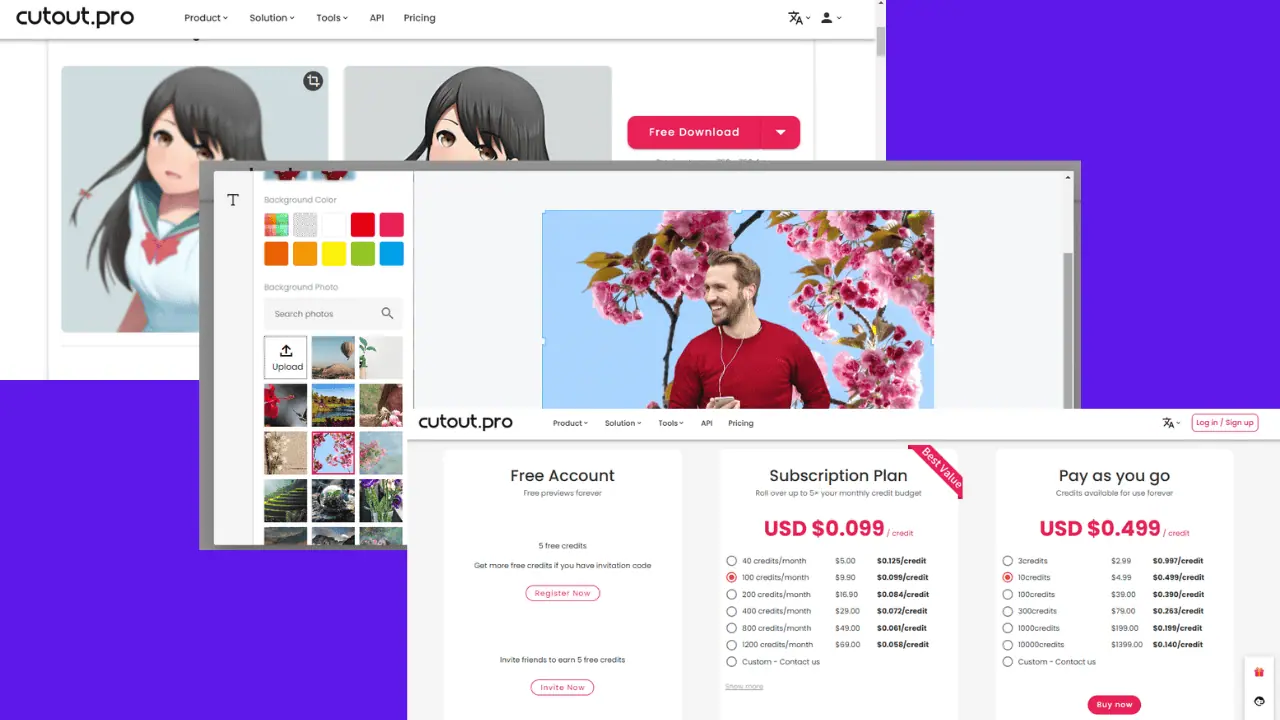
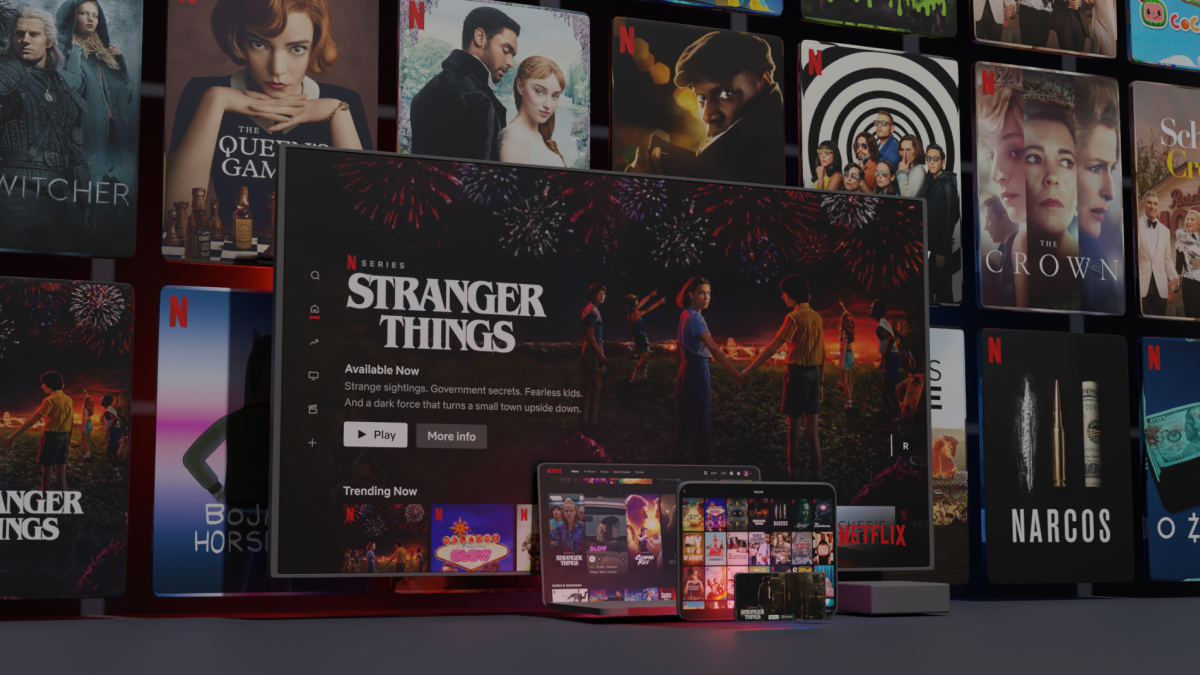
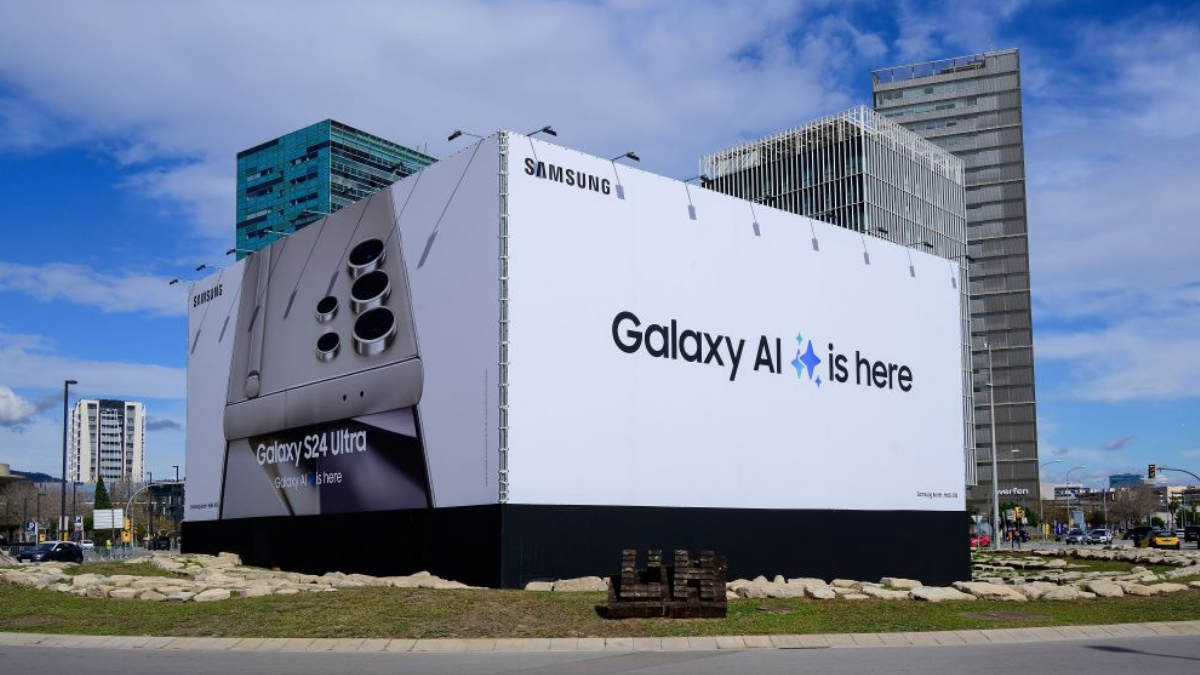
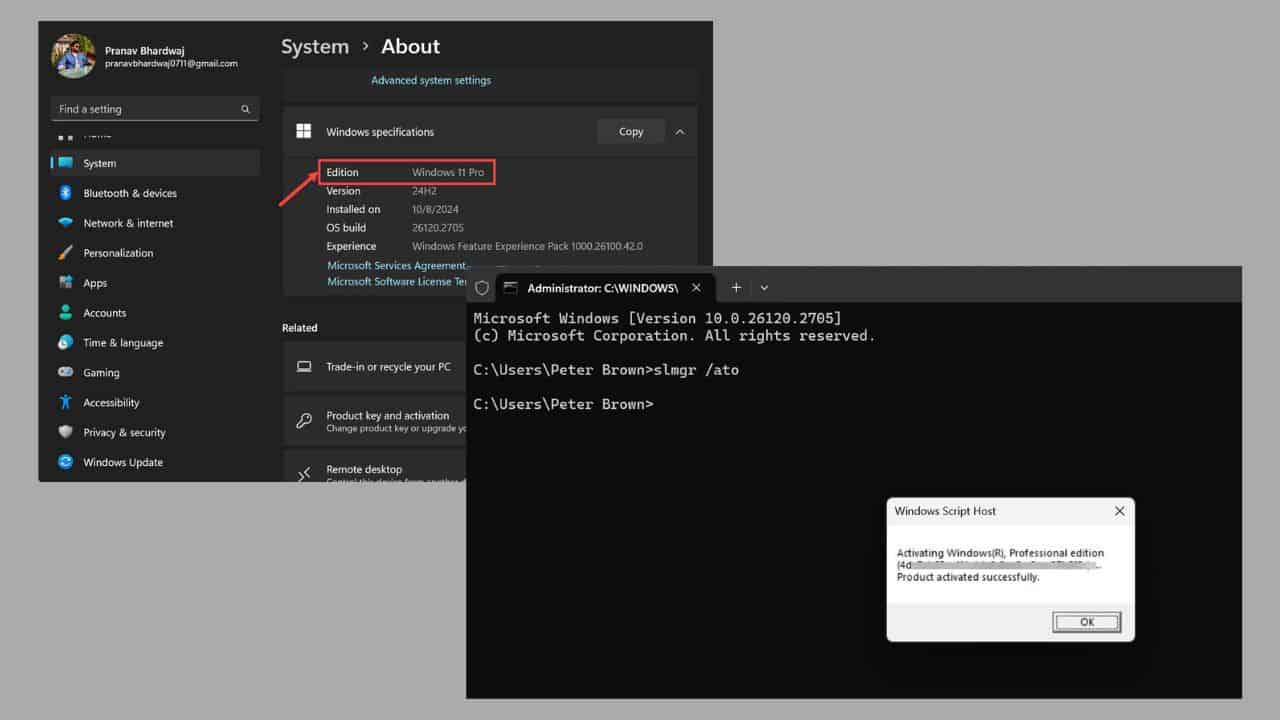

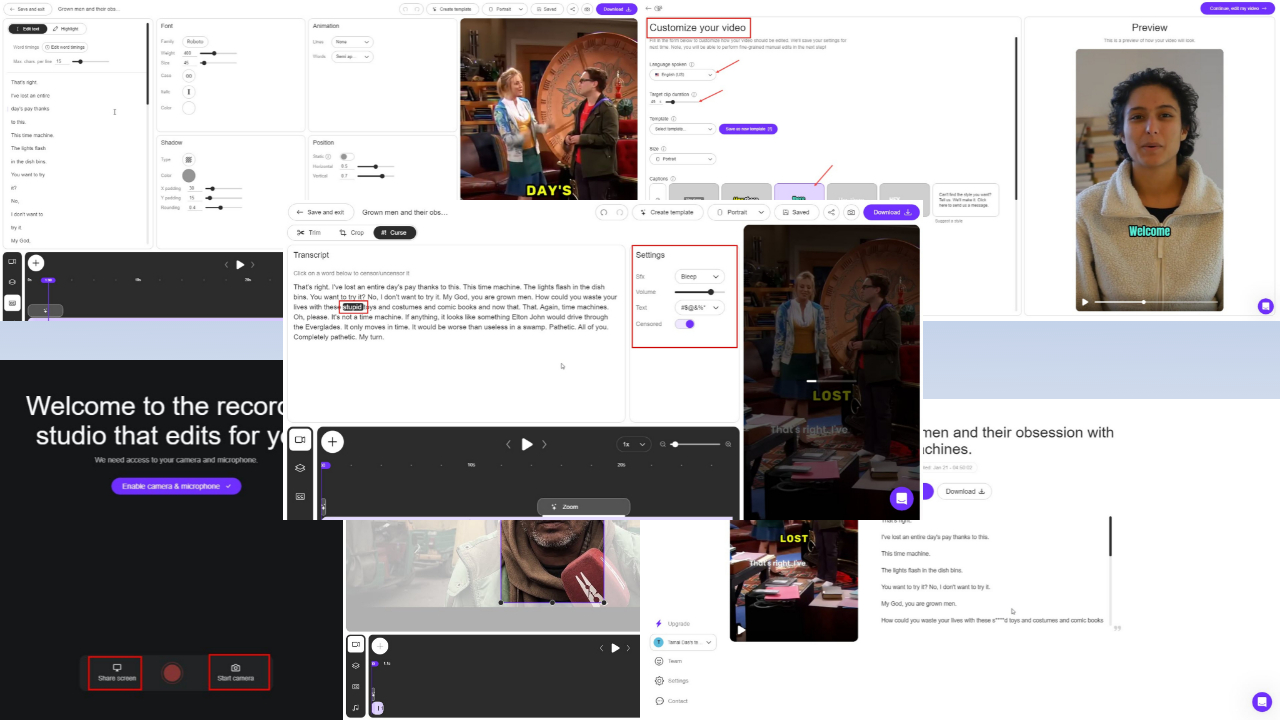
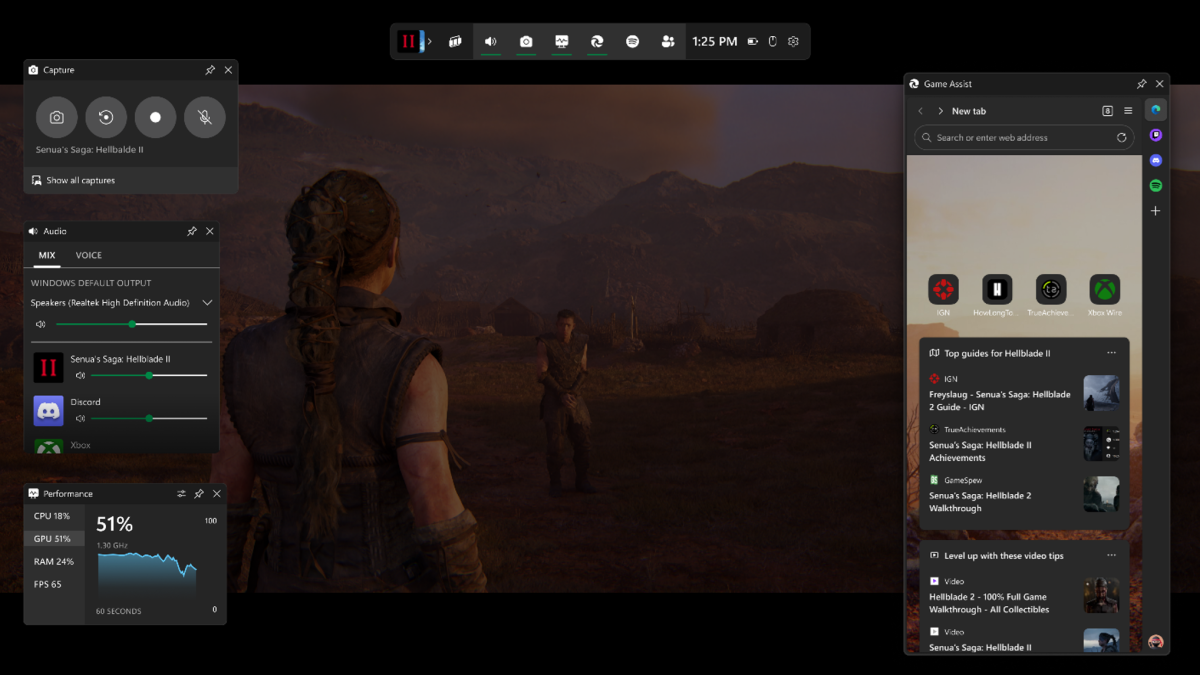
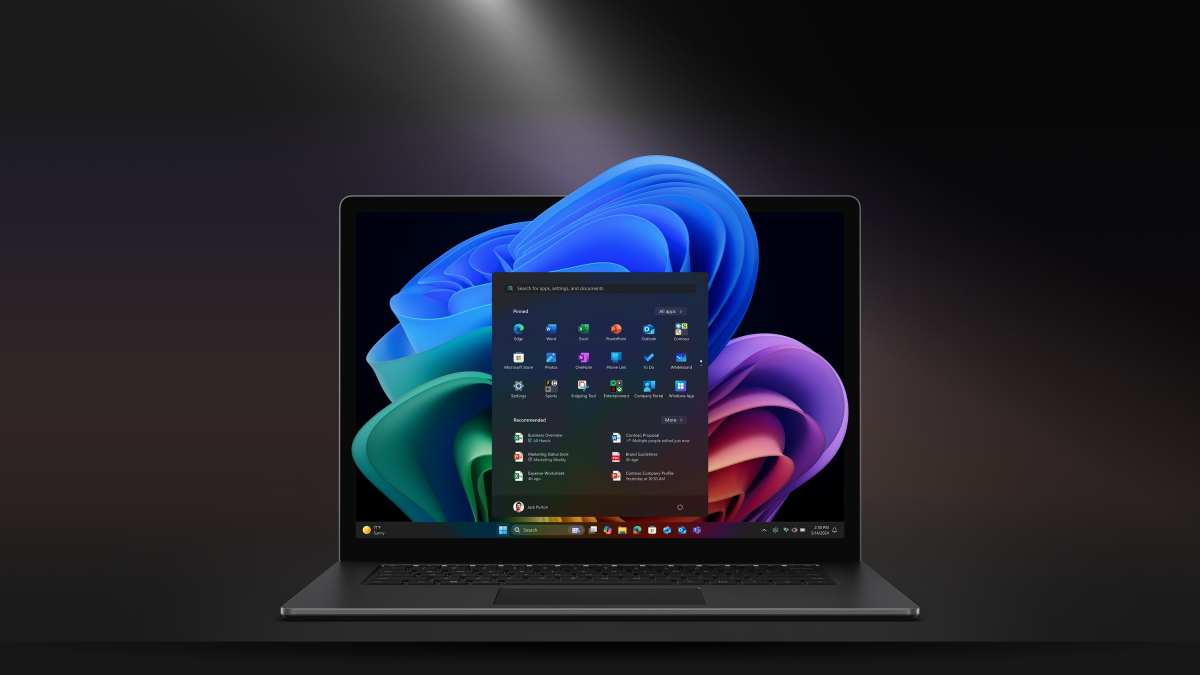
User forum
0 messages